Sri Lanka
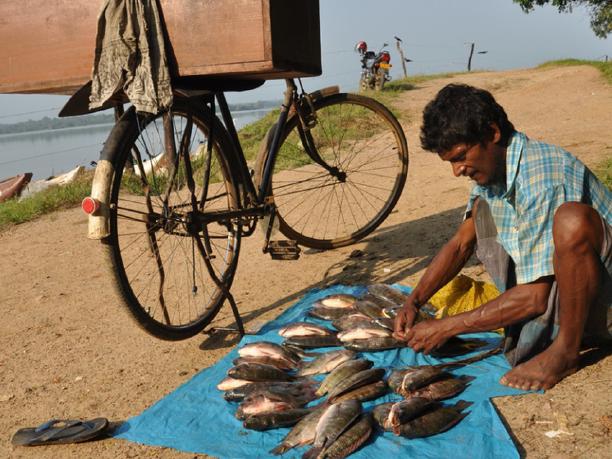
Urgent Response to a Food Crisis
Helping Sri Lanka get past soaring food prices and insecurity means swift help to poor people now, plus enhancing resilience against future shocks.
Listen to the article
The World Bank Group (WBG) has been working with ADB since 1972. The WBG works with countries to implement sustainable solutions to reduce poverty and build shared prosperity in developing countries.
WBG’s collaboration with ADB prioritizes projects on health, education, infrastructure, agriculture, public administration, macroeconomic management, institutional development, governance, finance and private sector development, environmental protection, and natural resource management.
11 December 2024
ADB will provide a $600 million policy-based loan to the Government of Bangladesh, with a package of structural reforms supporting mobilization of domestic resources, efficiency of public investment projects, developing private sector, reforming state-owned enterprises, and promoting transparency and good governance.
11 December 2024
ADB approved a $25.45 million grant to help Solomon Islands develop a sustainable, inclusive, and climate resilient water supply and sanitation services.
15 October 2024
Two new publications released today by the GEMs Consortium—a group of 26 multilateral development banks and development finance institutions—provide further insights on the level of credit risk in emerging markets and developing economies, according to the investment experience of consortium members.
12 November 2024
Multilateral development banks today issued a joint statement at the Conference of the Parties 29 in Baku outlining financial support and other measures for countries to achieve ambitious climate outcomes.
ADB and the World Bank Group collaborated on several knowledge products and/or events including the following:
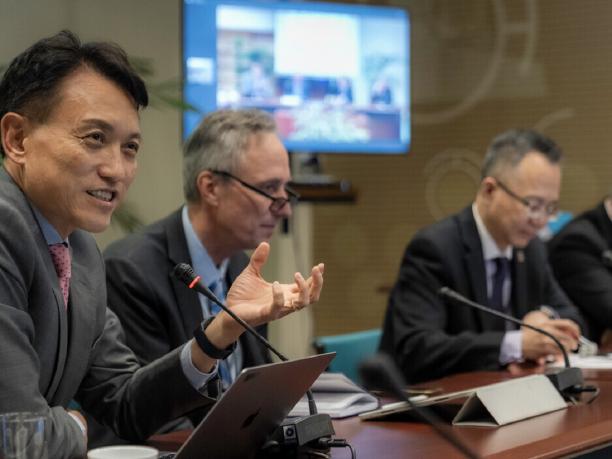
This paper proposes a full mutual reliance framework between the World Bank and ADB to allow borrowers to apply a single set of operational policy requirements and engage with a single lender in charge of appraising and supervising/monitoring cofinanced projects.
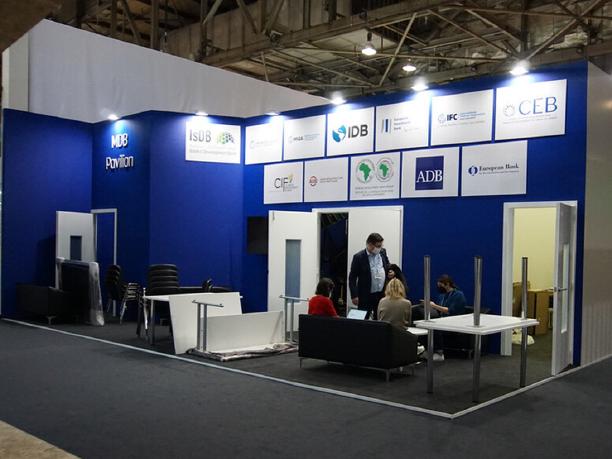
Chief financial officers and chief risk officers from major multilateral development banks and other development finance institutions convened with the three major credit rating agencies (CRAs) to continue their dialogue on updating CRAs’ rating criteria.
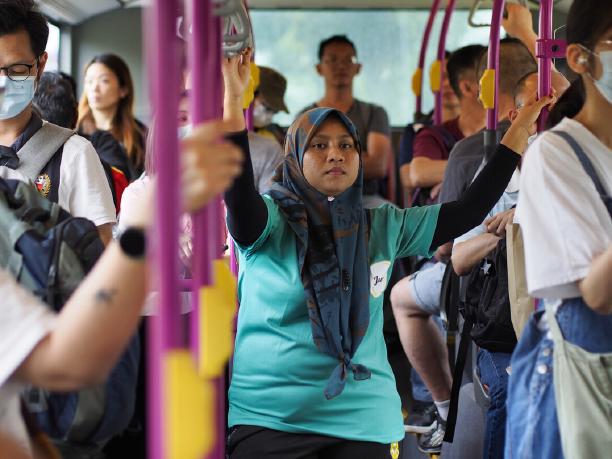
On the International Day for the Elimination of Violence Against Women in 2024, multilateral development banks were united in their efforts to create a world where women and girls live free from violence.
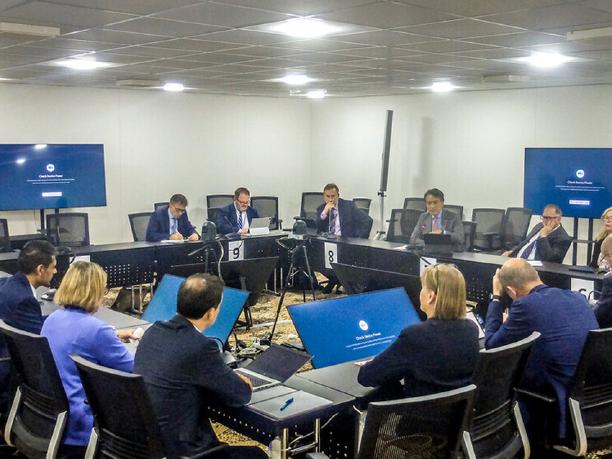
Nine multilateral development banks (MDBs), including ADB and the World Bank, released a shared statement on the recommendations of the Independent Panel Report on MDBs' Capital Adequacy Frameworks.
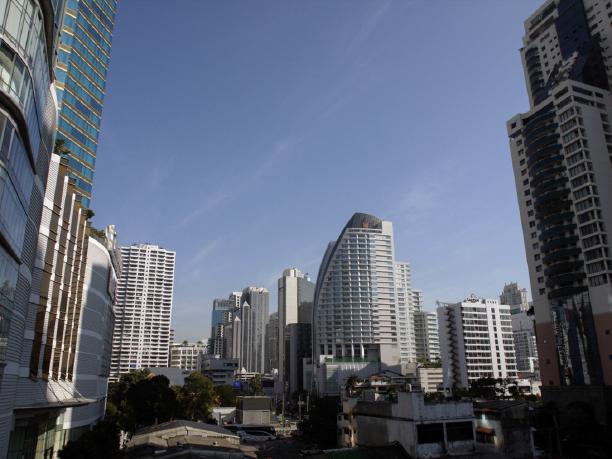
Multilateral development banks need to collaborate to further increase financial support, improve regulatory frameworks, promote marketplaces, drive the E&S agenda, build market capacity, and increase product availability in supply chain finance markets.
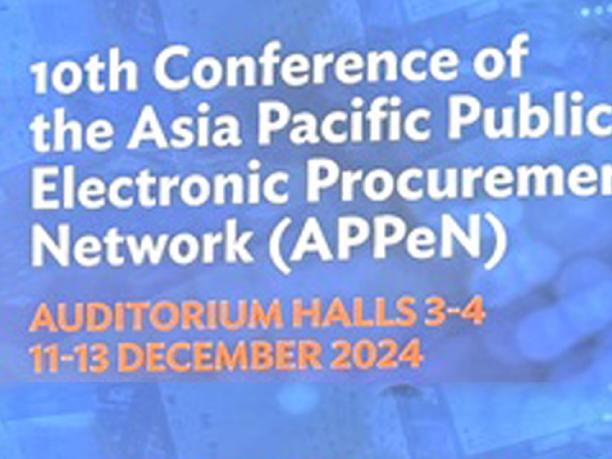
ADB organized the 10th Conference of the Asia Pacific Public Electronic Procurement Network on 11–12 December 2024 in Manila, focusing on digital transformation of public procurement with emerging trends in automation and the use of electronic procurement for achieving broader policy objectives toward achieving broad development outcomes.
The World Bank Group contributes to ADB’s development initiatives through cofinancing.
In December 2001, ADB and the World Bank Group signed a memorandum of understanding emphasizing closer consultation on country assistance strategies, the elimination of duplication of efforts, the harmonization of operational procedures and processes, and the enhancement of efficiency and effectiveness at the country and institutional levels.
Sovereign Cofinancing. In 2024, the World Bank Group (WBG) committed $960 million in cofinancing to support four investment projects. This includes $800 million in loan cofinancing to support India in developing Amaravati as a growth hub for the capital region to boost economic prospects and improve living conditions of the state’s residents. In addition, the WBG supported $30 million for three grants to Pacific developing member countries.
The Pacific developing member countries have consistently received WBG’s grant cofinancing, as most are recipient countries of the World Bank’s International Development Association and are eligible for 100% grants. ADB and the WBG also work together through development coordination offices posted in selected countries of the 11 smallest Pacific island countries, enabling better coordination in the field.